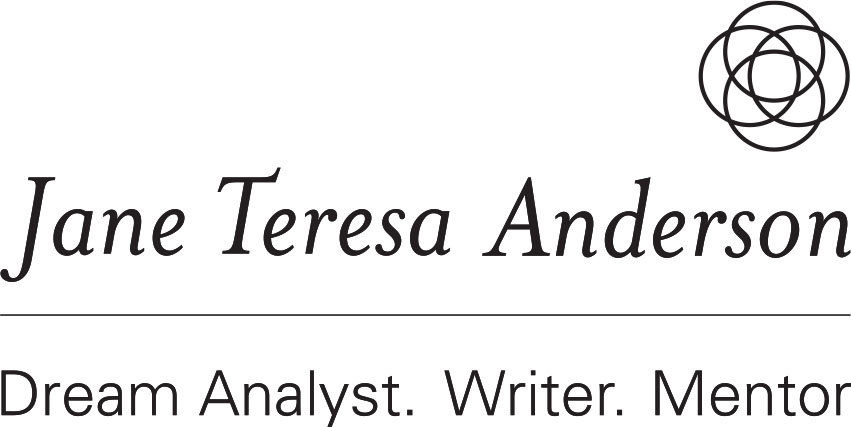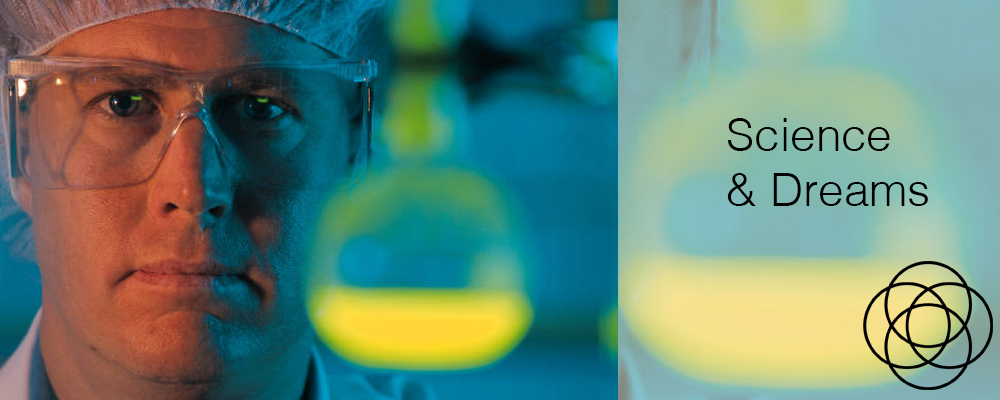Is there a place for science when researching and analysing dreams? In an interview last week on China Radio International, Beijing based Nigel Ballard, host of ‘People in the Know’, grilled two dream researchers, myself and Professor Marilyn Fowler of John F Kennedy University, on this subject. Listen here (podcast).
My background in science – a Bachelor of Science Honours specialising in developmental neurobiology – has heavily influenced my approach to researching dreams over nearly 20 years. My vision is one of taking science as far as I can and then moving forward from there with an open mind, always gathering observations, testing, gathering more observations, and, most importantly, observing results. With what degree of accuracy can I (or any analyst) look at someone’s dream and pinpoint issues in their life? What happens when a client discusses a dream with me? What happens when that client does a dream alchemy practice? What changes in their waking life?
From a hard science point of view there are inherent difficulties. Nigel Ballard correctly points out in introducing the interviews that, “When researching dreams there will always be the problem that they are neither directly observable by an experimenter nor are the subjects’ dream reports reliable.”
He was after a bit of controversy. Enjoy!


2 comments on “Science & dreams: Interview on China Radio International”